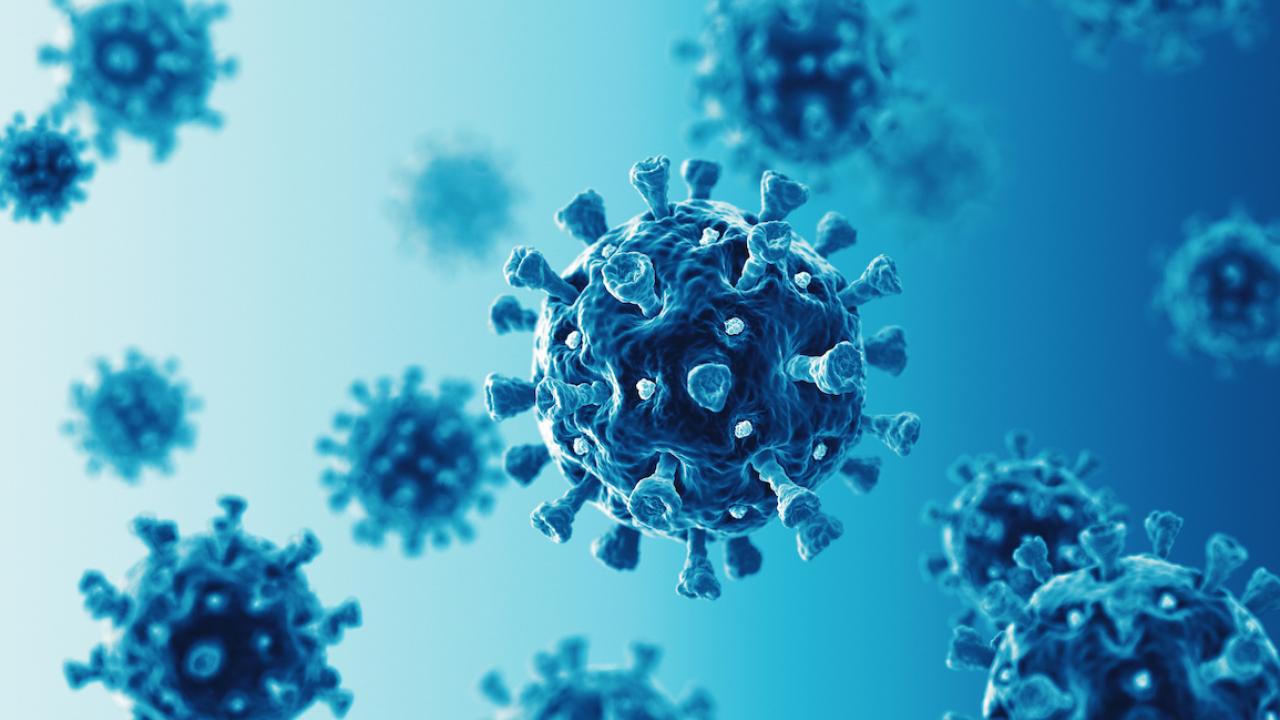Three major initiatives in biodiversity genomics — BIOSCAN, the Earth BioGenome Project and the Global Virome Project — have joined forces to deliver a “pandemic interception system” based upon comprehensive knowledge of pathogens and their hosts, explains a recent commentary in the Proceedings of the National Academy of Sciences.
“COVID-19 has made it perfectly clear that we need anticipatory rather than reactive systems to protect humanity from pandemics,” said Paul Hebert, chair of the International Barcode of Life Consortium that leads BIOSCAN and director of the Centre for Biodiversity Genomics at the University of Guelph. “In fact, this survey of pathogenic agents needs to extend across all domains of life so that we can protect planetary biodiversity.”
Such a system could hugely advance understanding of the natural world, the authors write.
“COVID-19 and other diseases such as Ebola, MERS and SARS have shown the devastating health effects of zoonotic viruses on humanity,” said Jonna Mazet of the Global Virome Project, or GVP, board of directors and executive director of the One Health Institute at the University of California, Davis. “Other species experience similar devastating epidemics and are both sources of and sensitive to shared pathogens.”
John Kress, co-chair of the Earth BioGenome Project, or EBP, and distinguished scientist and curator emeritus at the Smithsonian’s National Museum of Natural History emphasized the insights that will result from genomic characterization of the pathogens and their hosts.
“Interactions among species drive the functioning of ecosystems,” Kress said. “Genomic information on these species-species relationships will build our understanding of not only how pandemics arise and spread, but how our natural systems work for the benefit of the planet and human societies.”
The authors note that advances in technology and the pandemic-driven imperative to collaborate across disciplines have made it possible to construct such a pathogen interception system. BIOSCAN is leading the effort to inventory all species and to disclose their interactions. The Earth BioGenome Project is in the midst of assembling a complete genome sequence for every plant, animal and fungal species on the planet. And the Global Virome Project is bringing together the global network of motivated health, conservation and analytical scientists and policymakers needed to discover the world’s zoonotic viruses and assess them for spillover risks.
Aside from enabling a surveillance system that supports preemptive strikes and rapid response to outbreaks, the BIOSCAN, EBP and GVP alliance could further aid in early response, development of diagnostic pipelines and vaccines.
“With investments totaling a tiny fraction of the costs involved in mitigating the impacts of COVID-19, these programs would lead us on a path that will ensure it is the last global pandemic,” Kress said.
Media Resources
Hannah James, University of Guelph, 647-828-6441, hjames@uoguelph.ca
Kat Kerlin, UC Davis News and Media Relations, 530-750-9195, kekerlin@ucdavis.edu
Alise Fisher, Smithsonian Institution Office of Public Affairs, 202-633-5194, fishera@si.edu
